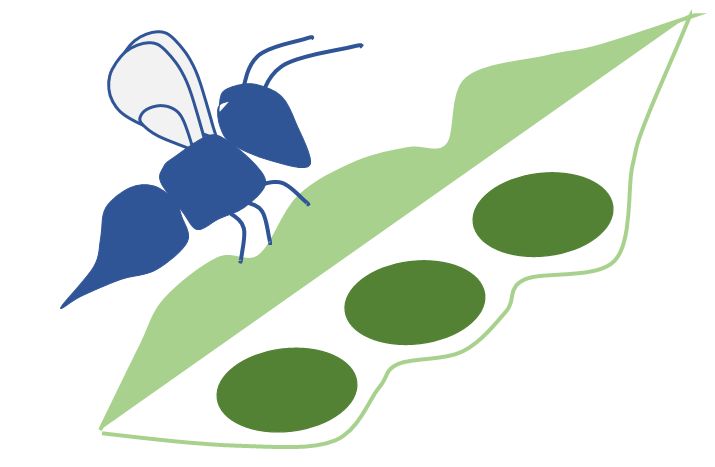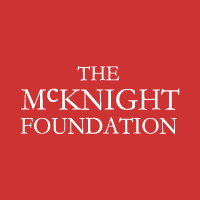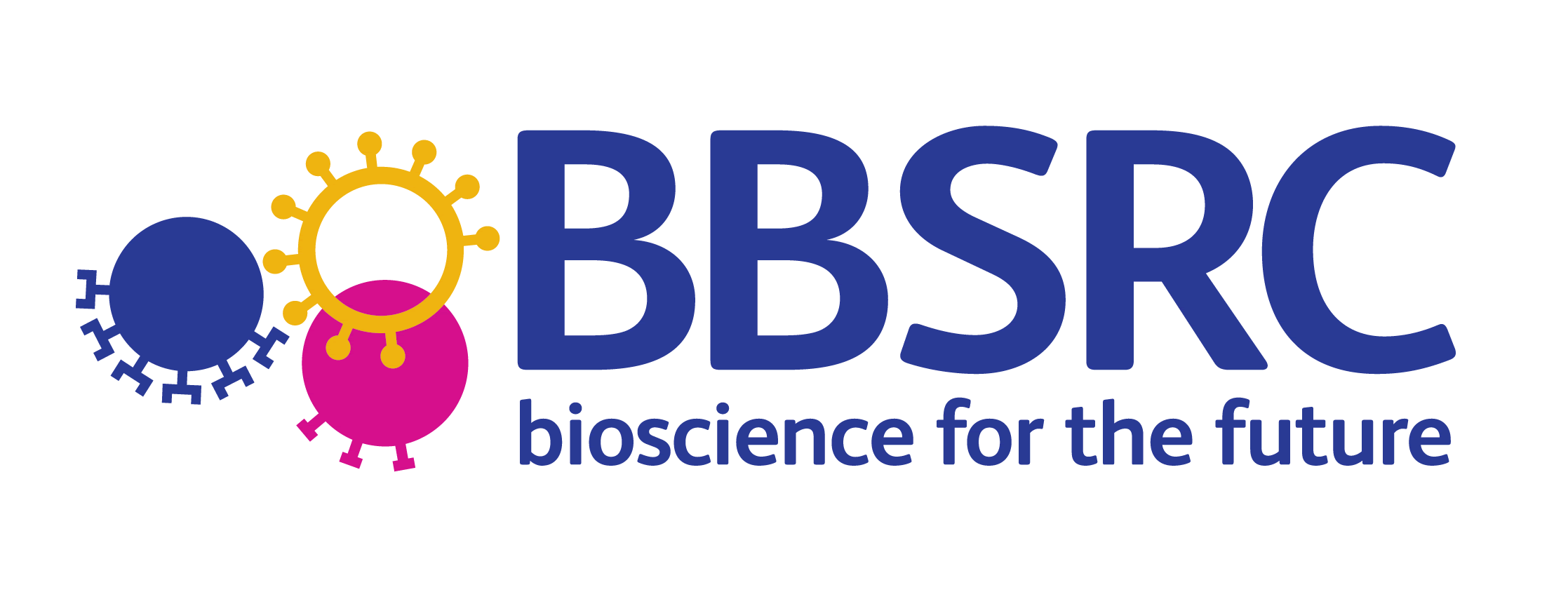
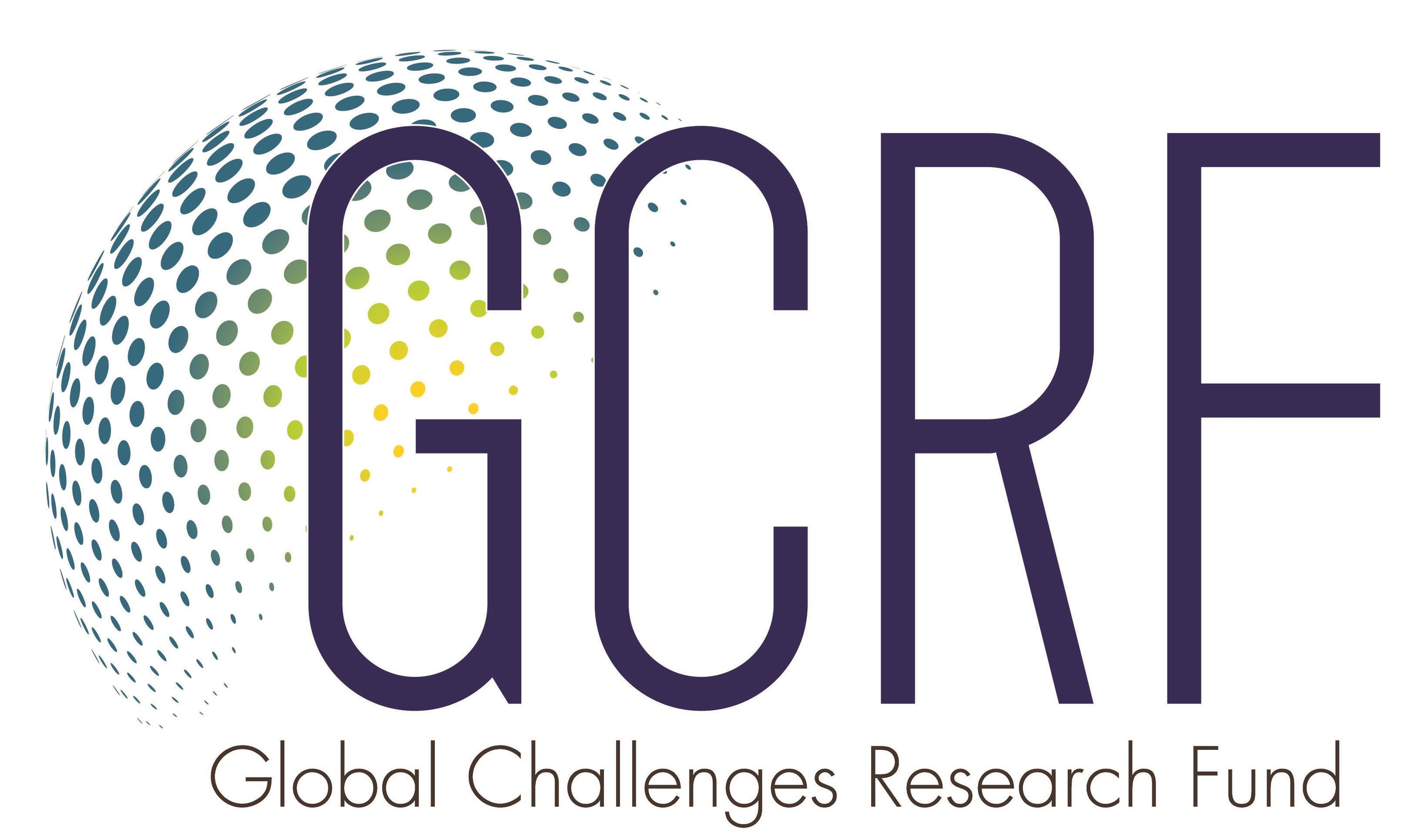
Donor: BBSRC GCRF SASSA Initiative
Value: Approx. £1 million
Partners: NRI, NM-AIST, LUANAR, Egerton University, Charles Sturt University advising
Dates: 2018-2021
Project profile on the UKRI website
Pest damage of legumes is one of the major challenges to food and nutritional security in Africa and disproportionately affects poor farmers growing low-input orphan crop grain legumes such as beans, pigeon pea, cowpea and lablab. Pest control is typically dependent on high agrochemical inputs which may have negative impacts on users and consumers and severely impact non-target invertebrates that can otherwise be beneficial to food production through pollination or natural pest regulation. Natural Pest Regulation has been estimated to be worth US$906 billion. Non-crop habitats in field margins provide the environment required to support natural enemies of pests including hoverflies. Management or manipulation of this non-crop habitat can help to support natural pest regulation and can even be augmented and sustained in better managed natural or manipulated agro-ecosystems. The occurrence, density and impacts of most beneficial insects in smallholder ecosystems, however, are poorly understood, particularly in Africa.
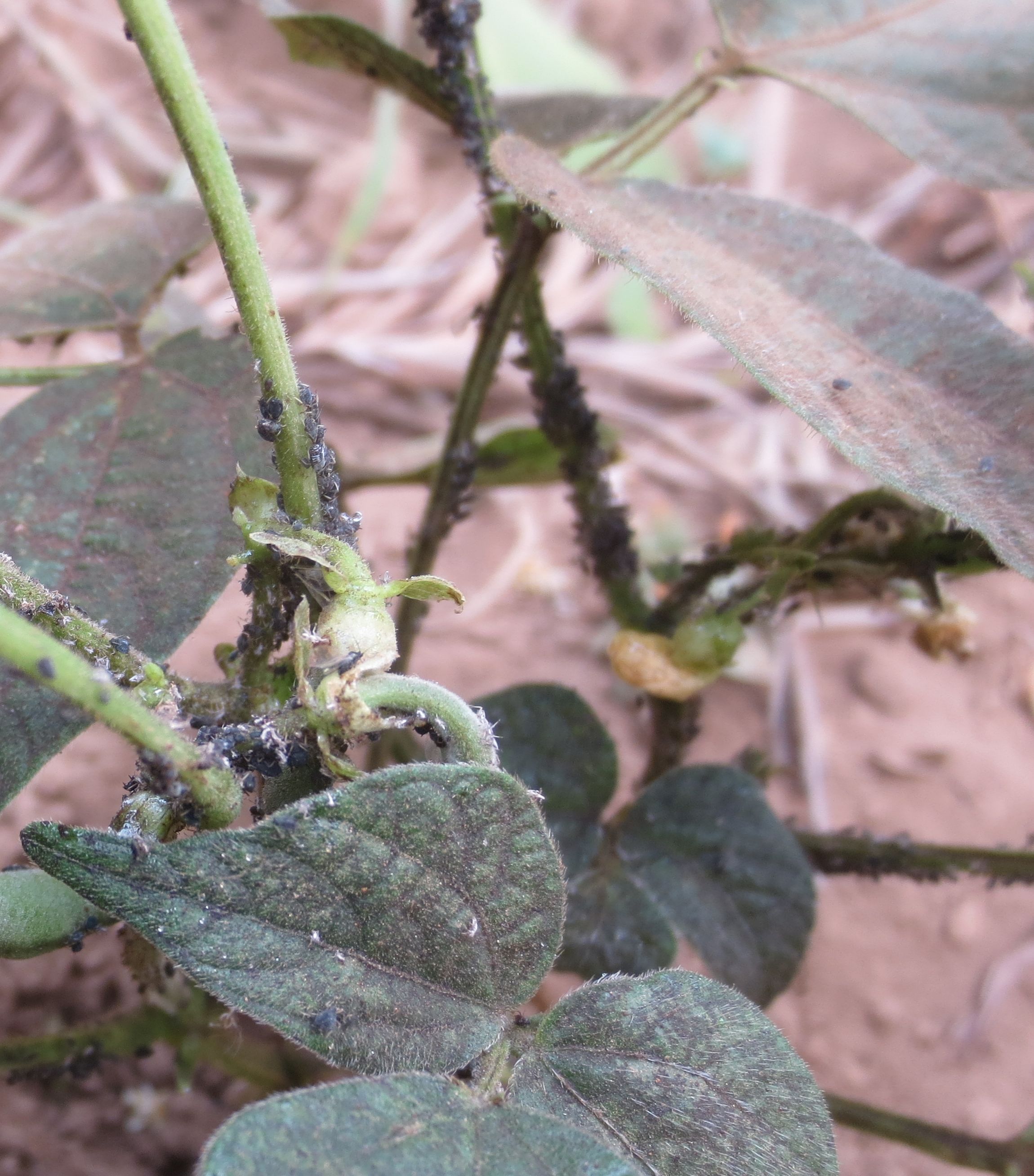
This new project "NaPROCLA" (Natural Pest Regulation on Orphan Crop Legumes in Africa) will take forward recent findings by our partnership and identify the key taxa that support and deliver natural pest regulation. We will develop approaches that support and augment natural pest regulation through improved agroecosystems management with reduced pesticide use. The research will provide evidence for benefits of natural pest regulation and establish how this can be optimised through better landscape management or manipulation and how natural pest regulation can function alongside other management practises including natural pest resistance, botanical insecticides and intercropping.
